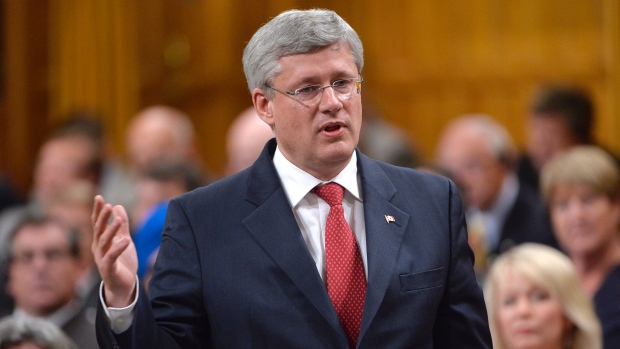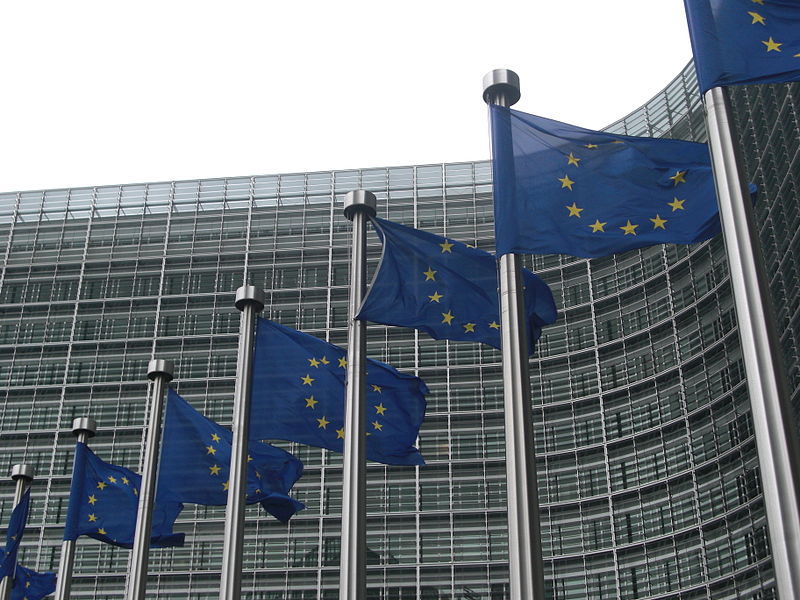Canadians need to be better informed on the implications attached to Canada’s becoming involved in the fight against the Islamic State in Iraq and Syria (ISIS). When Prime Minister Stephen Harper announced on October 3, 2014, that Canada would engage in a six-month air combat mission in Iraq and Syria, it was remarkable how little information was given, considering the enormity of the circumstances. No clear target outcomes were proposed, no realistic objectives addressed. A sincere debate over the ramifications of becoming involved militarily is crucial, before Canada regrets jumping into the war a little too late.

What is Canada’s end-game?
The terms ‘degrade and destroy’ are often being thrown around when referring to ISIS, but if that is the promise Canada intends to make, the country is setting itself up for failure. Canada is merely joining the extension of America’s “war on terror,” a battle which has yet to rid the world of violent, radical extremists. How many terrorists must be killed in order for the West to feel safe? The military capabilities Canada is planning to use are no different from those deployed by the United States or Britain following the 2003 Iraq invasion, therefore we are fools to repeat previous mistakes and expect different outcomes. Rather than being general and vague, Canada needs to reexamine what it realistically expects to get out of its engagement.
Can Canadians expect airstrikes to make a significant difference?
Since radical Islamic extremists encourage martyrs and welcome the afterlife, threatening them with death is like fighting fire with fire. The debate over airstrikes versus boots on the ground has been exhausted, with general consensus acknowledging that airstrikes can only accomplish so much. If significant, durable change is expected, then a bottom-up approach is the more viable option. ISIS’ strongest weapon is its manpower. Therefore, for it to be seriously weakened, it will take a lot more than dropping bombs for its fighters to retreat.
Instead, Canada should focus on encouraging vulnerable Sunni communities in Iraq and Syria to refrain from supporting the terrorist group. Ground forces need to provide resources for at-risk individuals, so that citizens do not have to turn to ISIS as a means of securing financial, social or political stability. Financial flow accumulated by ISIS should be limited so that the group will eventually be unable to support its fighters or new recruits. Doing so would undoubtedly require boots on the ground, substantive financial investments, and the commitment of remaining in the region for a lot longer than the proposed six months, but the rewards to be gained would far outweigh the outcomes derived from being militarily engaged at arms-length.
Why is Canada not discussing possible long-term effects?
Its easy to think only in the moment, or to argue that the public cannot digest the thought of additional conflicts which may or may not take place five, ten or twenty years down the line. However, by engaging ISIS, Canada is making itself vulnerable to potential ripple-effects associated with conflict. There is no such thing as a war with no strings attached. International actors switch loyalties, states can easily be swayed by internal or external influences, and second and third order effects are almost always inevitable. It is therefore not possible for a country to engage in a conflict and expect not to be hit with any repercussions down the line.
Canada not only increases its risks of being subject to a potential attack, but its presence in the region could create additional splinter groups, complicating the situation even further. Its possible that Canadians do not care or do not want to think about potential repercussions, but ignoring them will not make them disappear. Even if our opinion on joining the coalition remains the same, having the discussion on what may meet us down the road is one we all need to have. Hannah Styffe




